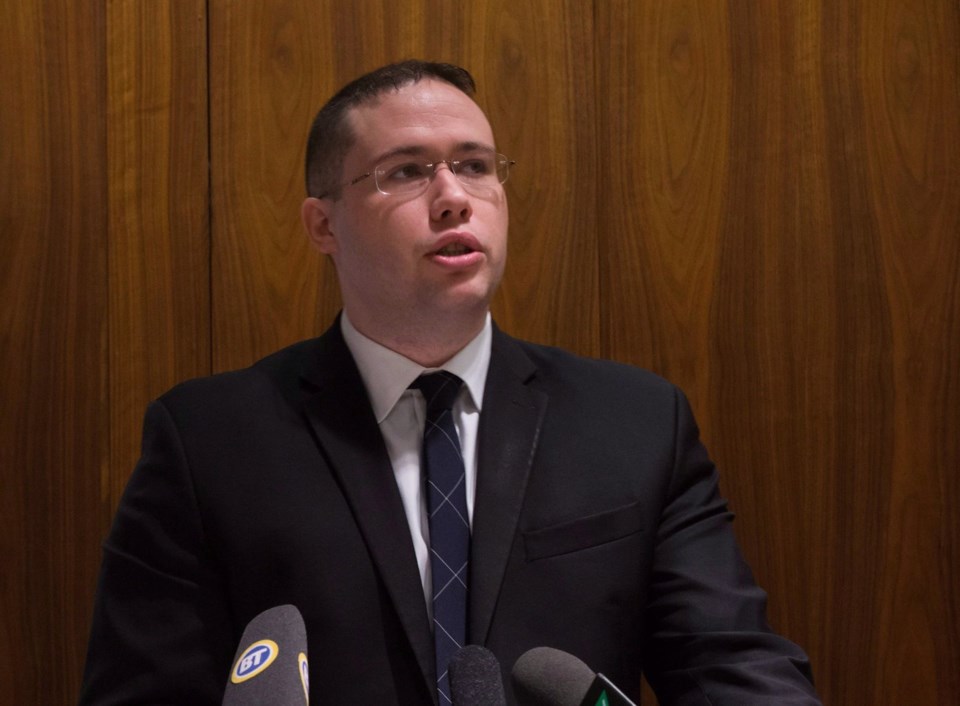Wage increases that address affordability issues will be the major focus of contract talks between British Columbia public service workers and the provincial government, says a union leader who forecasts difficult times ahead.
The first round of bargaining between the B.C. General Employees' Union, representing thousands of government workers in the Public Service Agency, from sheriffs to social workers, started Wednesday.
"Obviously, we need to see an agreement that addresses the urgent cost of living and affordability crisis our members have," union president Paul Finch said in an interview. "Knowing that, obviously we think we've got a high probability of a dispute this round of bargaining."
The initial round of talks cover a contract expiring on March 31 for more than 34,000 BCGEU members, he said.
Contracts for up to 400,000 unionized workers in the province, including nurses, hospital workers, post-secondary school instructors and support staff expire this spring and fall, said Finch.
Finance Minister Brenda Bailey, who last month forecast a record provincial deficit of $9.4 billion this fiscal year, said Wednesday in a statement that the contract talks come as the province faces fiscal challenges and the looming threat of tariffs from the United States.
The government is committed to the bargaining process, but every contract negotiation mandate must balance the province's fiscal situation, the economic landscape and the ongoing need to support robust public services, she said.
"We have a responsibility to ensure that public dollars are used as effectively as possible, both to foster economic growth and to protect the vital services that people rely on," Bailey said. "We also recognize the importance of fair and reasonable compensation for workers in the provincial public sector. It’s critical to attract and retain a skilled workforce to support and enhance our public services."
Finch said the union is seeking a wage increase, but would not provide the amount.
"We will provide them a package that will include a number of asks and, obviously, bargaining positions," he said. "We will not immediately and entirely provide everything that we're seeking this early."
Finch said the current three-year contract was narrowly approved by less than 54 per cent of the union membership in October 2022.
"It's important that we see a wage increase that addresses the affordability concerns of our members," he said.
This report by The Canadian Press was first published Jan. 22, 2025.
Dirk Meissner, The Canadian Press




